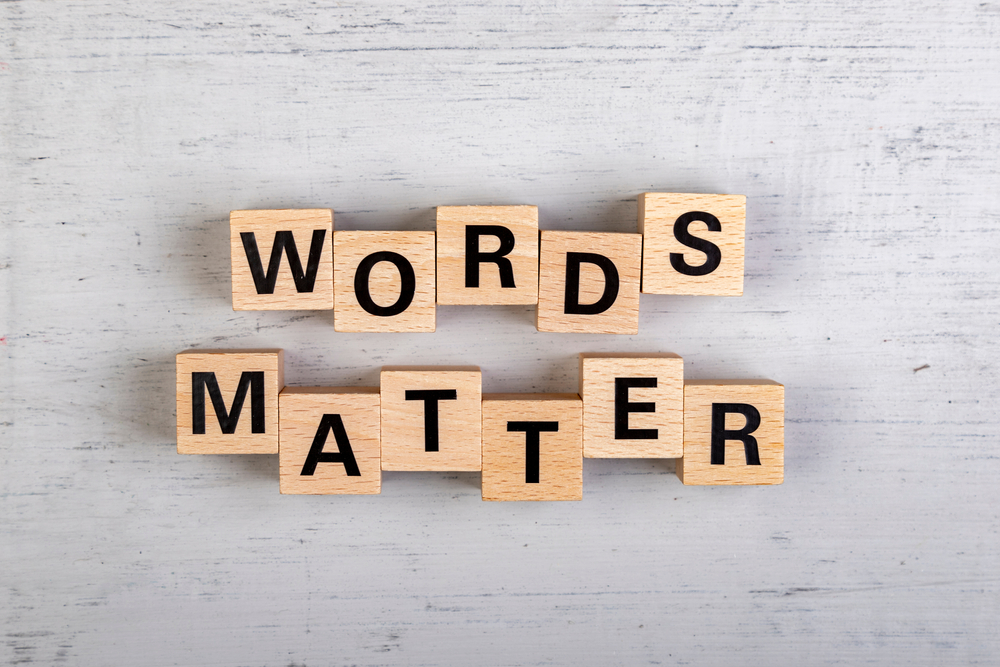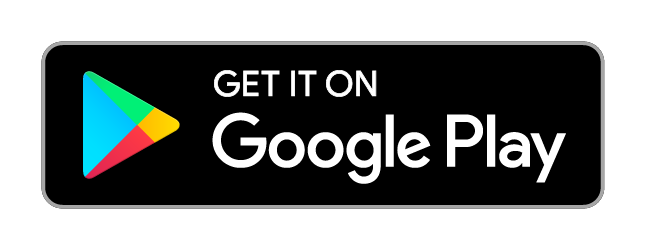Word
Meaning
Sample Sentence
A facial expression of happiness or amusement.
The child's smile lit up the entire room.
To produce a loud, mournful, or menacing cry, typically like that of a wolf.
The wolf's haunting howl echoed through the forest at midnight.
A loud, harsh cry, typically made by a donkey.
The farmer's donkey let out a loud hee-haw when it saw the stranger.
An expression of strong dislike or disgust.
The rotten egg smelled so bad that I went "yuck" and threw it away.
An expression of disgust or revulsion.
The rotten food made me go "yuk" and turn away.
A loud, shrill cry or shout, often of excitement or joy.
The crowd let out a loud whoop when the fireworks exploded.
A social media platform for short messages and online discussions.
She posted her thoughts on Twitter during the live concert.
To laugh quietly, often in a slightly scornful or mocking way.
The kids would snicker behind the teacher's back when she wasn't looking.
To make a loud, fierce, and harsh cry, typically to express anger or excitement.
The lion's roar echoed through the savannah, sending nearby animals scurrying for cover.
A long, narrow, sturdy piece of wood, metal, or concrete used in building.
The carpenter carefully placed the beam across the roof supports.
A low, gentle laugh or a feeling of amusement.
The comedian's joke made the audience chuckle with delight.
A short, silly laugh, often accompanied by a smile.
The children couldn't help but giggle at the clown's antics.
A loud, sharp cry, typically made by an owl or other bird.
The owl let out a loud hoot in the dead of night.
A facial expression characterized by a slight, often ironic or mischievous, smile.
The comedian's witty joke prompted a wide grin from the audience.
To make a sudden, explosive sound through the nose.
The horse let out a loud snort when it saw the stranger.
To express contempt or disdain with a facial expression.
The arrogant celebrity would often sneer at the paparazzi.
To express joy or amusement, often with a loud, short burst of air.
The audience laughed at the comedian's jokes.
To laugh in a half-suppressed, nervous, or silly way.
The girls couldn't help but titter at the silly joke.
A loud, harsh, and often mocking laugh.
The witch's cackle sent shivers down the spine of the brave knight.
A facial expression of self-satisfaction or smugness.
The arrogant athlete wore a smirk on his face after winning the game.
To make a loud, harsh, and high-pitched sound, typically like a donkey.
The donkey began to bray loudly when it saw its owner approaching.
A loud, hearty, and often explosive laugh.
The comedian's joke triggered a guffaw from the entire audience.
To smile in a silly or affected way, often to gain favor or attention.
The actress simpered at the camera, trying to win over the audience.
To strike or hit someone, especially in a playful or humorous way.
The comedian's silly antics made the audience boff him on the head.
To laugh or express joy with a snorting or chuckling sound.
The comedian's joke made the audience chortle with delight.
A loud, harsh, and scornful laugh, often used to express contempt or mockery.
The bully's horselaugh echoed through the hallway, intimidating his classmates.




